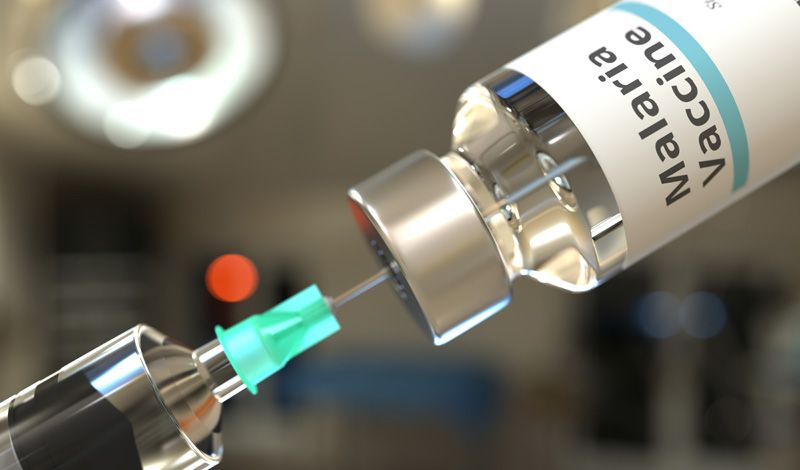The only thing bad about Star Trek was they made the Borg evil.
Emerging technologies have unprecedented potential to solve some of the world’s most pressing issues. Among the most powerful — and controversial — is the gene-editing tech, CRISPR-Cas9, which will improve agricultural yields, cure genetic disorders, and eradicate infectious diseases like malaria. But CRISPR and other disruptive technologies, like brain-machine interfaces and artificial intelligence, also pose complex philosophical and ethical questions. Perhaps no one is better acquainted with these questions than Peter Diamandis, founder of the XPRIZE Foundation and co-founder of Singularity University and Human Longevity Inc. In this session, Peter will give a state of the union on the near future and explore the profound ethical implications we will face in the ongoing technological revolution.
This talk was recorded at Summit LA19.
Interested in attending Summit events? Apply to attend : https://summit.co/apply.
Connect with us:




